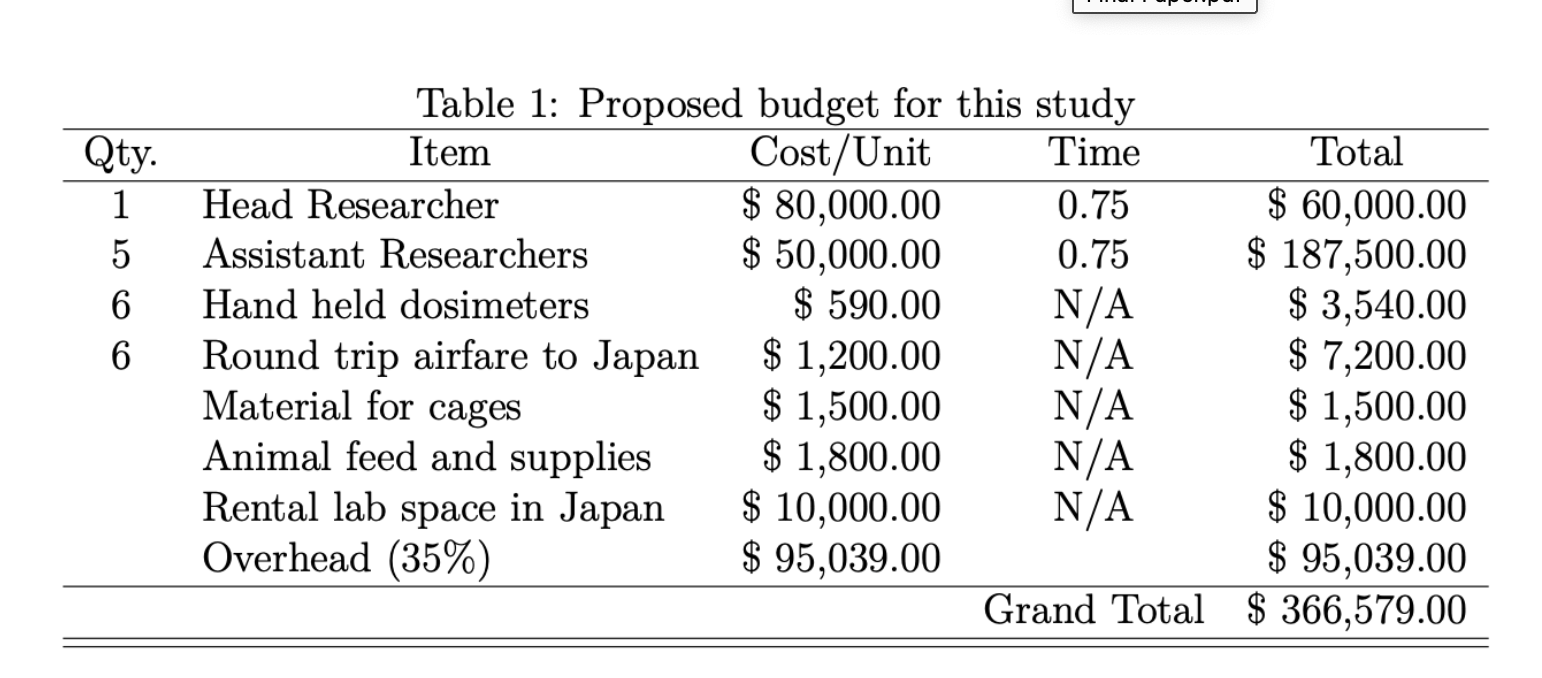 How well I remember Katherine's last birthday, her eighth. Dressed in gauzy pink as the Queen of Hearts, she presided over a fairy-tale party with blackbird pie, a fairy scavenger hunt, and all her guests dressed in red, pink, and white. We had delayed chemo a few days to make sure she felt well; we knew it was unlikely to matter: they had only encouraged us to hope for a year after her second bone marrow transplant.
How well I remember Katherine's last birthday, her eighth. Dressed in gauzy pink as the Queen of Hearts, she presided over a fairy-tale party with blackbird pie, a fairy scavenger hunt, and all her guests dressed in red, pink, and white. We had delayed chemo a few days to make sure she felt well; we knew it was unlikely to matter: they had only encouraged us to hope for a year after her second bone marrow transplant.
I don't know what my beloved daughter wished for that day, blowing out the candles on her heart-shaped cake; we were a little superstitious about asking. What I do know is that because of reckless pesticide use in our city mosquito spraying program, as well as countless other chemical exposures, none of her dreams came true; none of her wishes were fulfilled. She wanted to finish learning cursive; she wanted to adopt a baby so she could watch it grow; she wanted to live to be an old lady. Every night I prayed she would have a long and happy life; not long before she died, she plaintively pleaded with me that she not have a short and sad one. But at that point, there was nothing I -- or any of us -- could do.
There is something you can do. Now. I appeal to you all in the name of my dead first-born child -- unique, brilliant, and beautiful -- to do these five things in her memory.
1) First, rid your home, lawn, and garden of pesticides and other toxic chemicals. For ideas about alternatives, please consult The Midwest Pesticide Action Center at http://midwestpesticideaction.org/
2) Call your City and find out what they do for mosquito and dandelion control. If they spray, attend a City meeting and make your case. All the evidence that these chemicals cause cancer and other dire health defects is contained in The President's Cancer Panel and the American Academy of Pediatrics Statement on Pesticides. But if you need help, I will personally consult and supply you with all the materials needed to convince a skeptical audience.
3) Contact your legislators and ask for protections against chemicals that contribute to cancer, birth defects, autism, ADHD, and lower IQs.
4) Call schools, universities, and hotels and ask what their policies are for pesticide use. Demand pesticide-free environments for your children and yourself.
5) Eat organic. A 2006 article in Environmental Health Perspectives showed that when kids go on an organic diet, metabolite levels of pesticides in their urine fall to non-detectable levels within weeks.











